Once juveniles are brought to the Dane County Juvenile Reception Center, what are the options for placement, and what kind of programs are available to them?
Juvenile Placement
Administration and Reception Center
The Juvenile Reception Center (JRC) is the point of referral for juveniles alleged to have committed a crime when the apprehending law enforcement agency is unable to release the juvenile to a parent, guardian, or other responsible adult and/or in situations in which the law enforcement officer believes the juvenile should be referred due to the need for court intervention and/or secure custody. JRC also provides a number of other services related to the physical custody of juveniles (see below) and coordinating information within the courts, human services, and law enforcement. JRC is staffed with at least one Juvenile Court Counselor 24-hours/day.
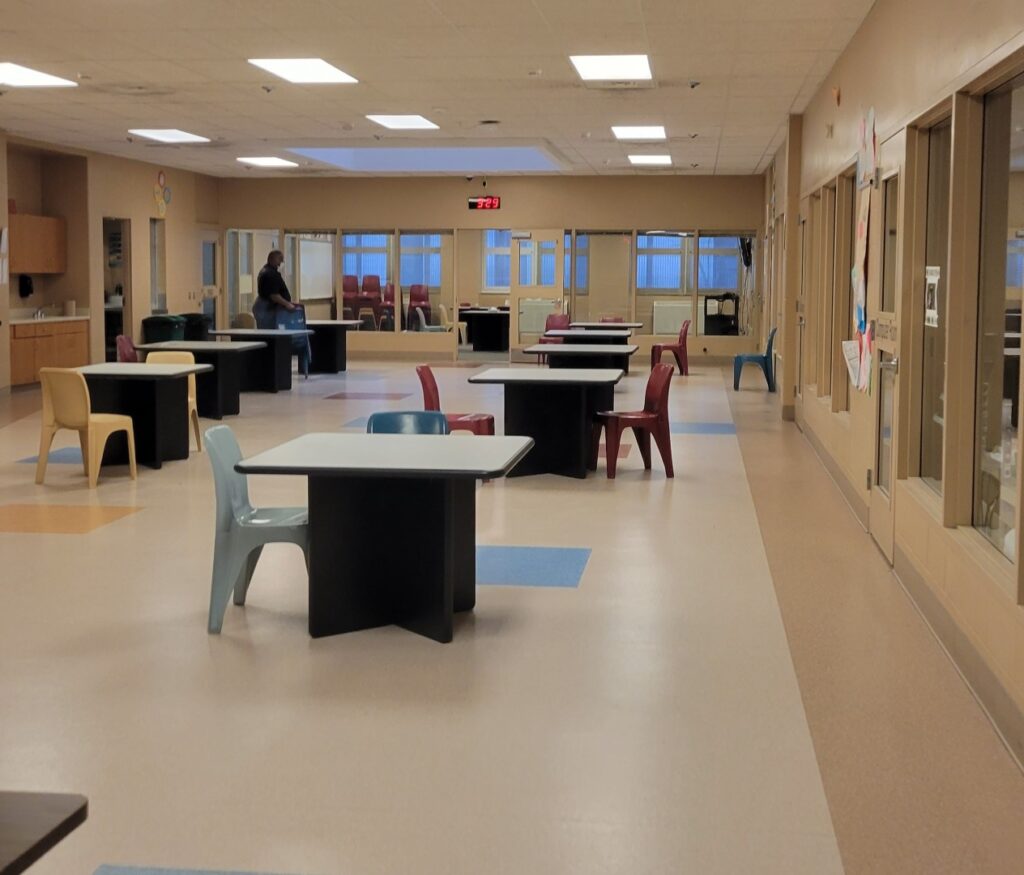
Juvenile Detention Center
The Juvenile Detention Center’s mission is to provide a physically and emotionally safe and secure environment for juveniles placed temporarily by the court and to provide them with the opportunity to learn new skills that will enable them to contribute to the community when they leave. The Detention Center has a capacity of 30 juveniles and is located on the 2nd floor of the City-County Building. Juveniles are held in Detention primarily because: 1) there is reason to believe that if they are released they would cause harm to themselves or other persons, 2) there is reason to believe that if released they would be unavailable for further court proceedings, and 3) they have been found to be in violation of a valid court order and rules of supervision. There is no time limit on the stay and the majority of these juveniles (approximately 75%) are held in Detention primarily while the initial court process and disposition is pending. The program operates 24-hours/day.
The Shelter Home
The Shelter Home provides non-secure (unlocked) residential services for juveniles who may need a place to stay pending further court action but for whom placement in a secure setting (Detention) is not necessary or legal. The Shelter Home provides for placement of up to 8 boys and 8 girls who are involved in the Delinquency or CHIPS (Children In Need of Protection or Services) systems and is located at 2402 Atwood Ave. Most juveniles may stay at the Shelter Home for up to 60 days. Juveniles may also be placed at Shelter Home on an emergency basis if they are in between placements and also if Briarpatch (see below) does not have an overnight placement for a juvenile. The program operates 24-hours/day.
Home Detention Program
The Home Detention Program is an alternative to detention or non-secure placement of youth. There is no time limit, though their involvement will depend on the court status of the juvenile. Community Youth Workers assist the parent(s) in providing adequate supervision and monitoring of juveniles.
The program:
- Reduces the need for the placement of juveniles in detention or non-secure placements pending court disposition.
- Assists both the parents and the juvenile in resolving conflicts that might otherwise lead to further problem behavior.
- Provides information to the court about the ability of the juvenile and the family to maintain a safe and supervised plan that would enable the juvenile to remain at home at the time of court disposition.
- Provides a “bridge” between the disposition and the implementation of longer-term supervision through The Neighborhood Intervention Program (N.I.P.), which is a unit of the Children, Youth, and Families Division of the Dane County Department of Human Services, or Youth Services by providing supervision to help maintain the situation at home pending services being in place.
Detention Programming
The average current length of stay in the Dane County Juvenile Detention Center is 7.5 days.
Each year, youth in Detention benefit from diverse programming facilitated by some local organizations and department staff. In addition to a full school day provided by the Madison Metropolitan School District, youth have participated in programs that teach life skills, coping mechanisms, job skills, physical health improvement and technical skills. The following are the programs that youth have participated in recently, though after the pandemic only certain programming was able to occur virtually.
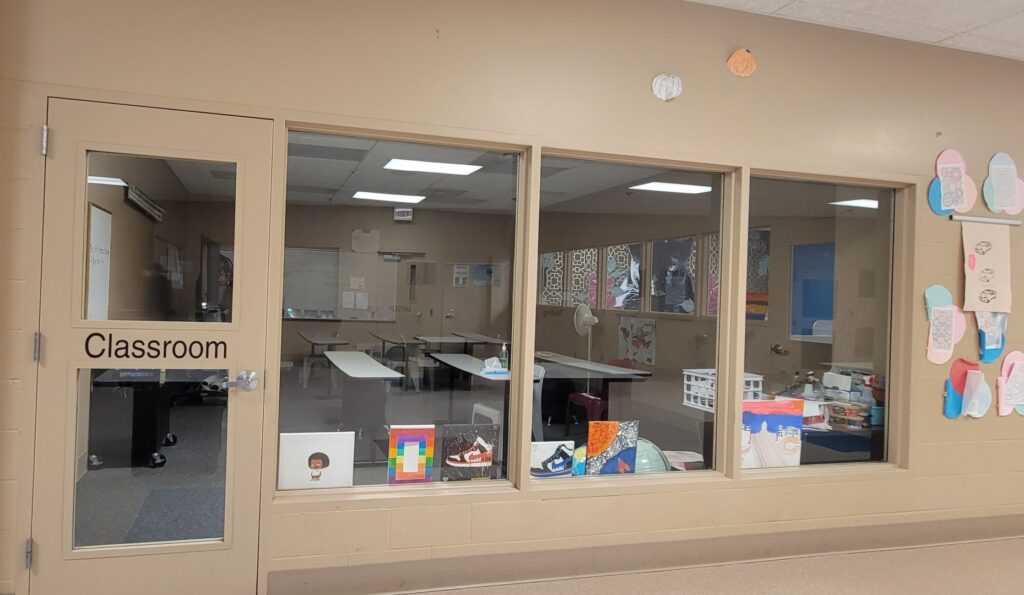
Staff-Facilitated Psych-Educational Groups:
Staff facilitate groups that allow youth to work on decision-making skills, healthy relationships, anger management, honesty, integrity, and other character- building activities. Youth participate in these groups on a daily basis.
UW Physical Therapy
Students from the UW Physical Therapy Department teach youth yoga, stretching, large-muscle exercise, and relaxation techniques once per week. Youth receive skills that will allow them to remain calm in stressful, emotional, and crisis situations.
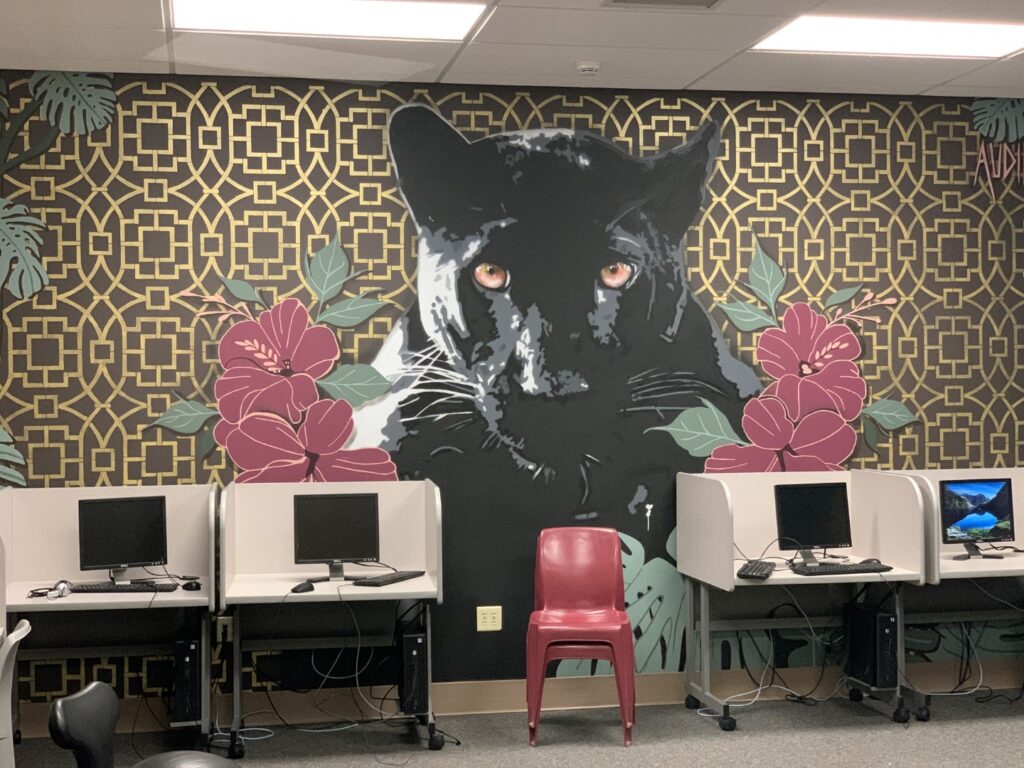
Madison Public Library
Once per week, staff and volunteers from the Madison Public Library Bubbler program teach youth the art of personal branding and messaging through the use of technology, including computers, IPads,etc. Youth have made animated videos, created music and videos, created art, learned horticulture, painted murals in the facility, learned culinary skills and participated in numerous other creative activities. To learn more about the Bubbler program and possible volunteer opportunities, visit their website.
Briarpatch Youth Employment Groups:
Briarpatch staff facilitate employment groups every other week which includes resume building, interviewing, completing job applications, career exploration, etc. Youth are also taught how to become great job applicants and how to maintain employment. To learn more about Briarpatch, including ways to volunteer and donate, visit the website.
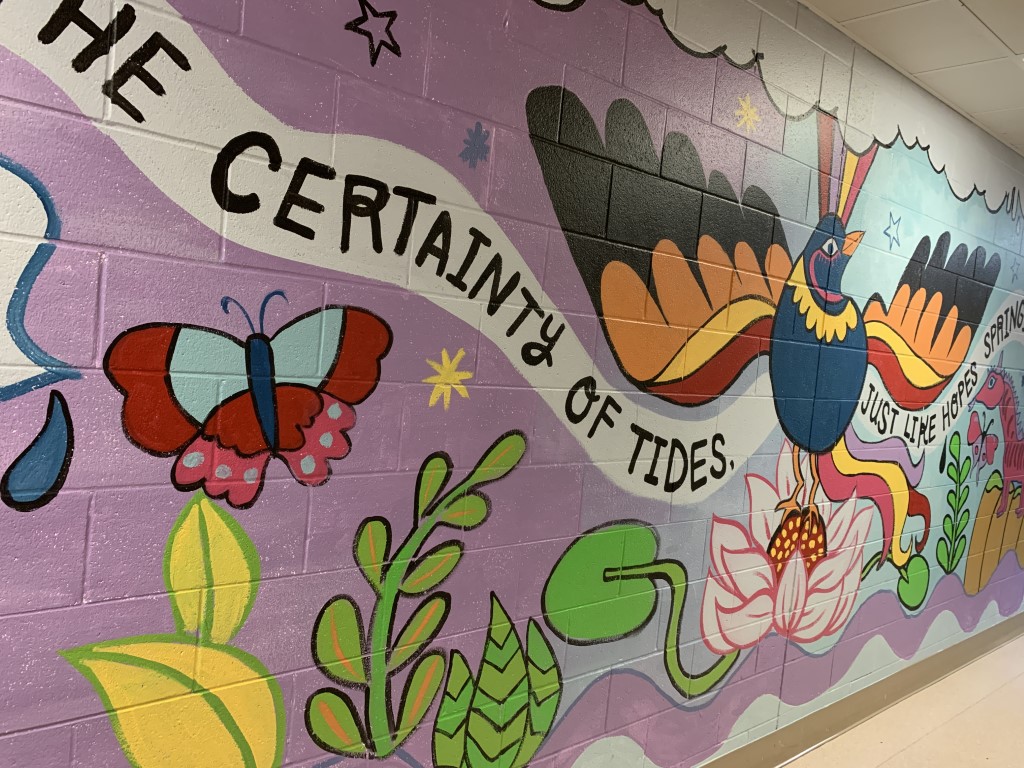
Dogs on Call
Through its membership in Pet Partners, Dogs on Call is a community organization that provides therapy through interaction with dogs and occasionally cats. They provide services four times per month. During each visit, youth and staff pet dogs and talk with their owners, which serves as a therapeutic tool for youth. Some have never been in contact with animals and this service provides their first exposure to a pet of any kind. Visit their website to learn more about Dogs on Call or how you can volunteer.
Community Connections and Church Services:
Every Tuesday evening, an ecumenical group of pastors facilitates a voluntary group session as well as individual meetings with youth. Each Sunday, a pastor leads a church service for any youth who would like to attend.
UW School of Psychology
Psychology students provide weekly discussions with youth on a variety of topics including decision making, conflict resolution, problem solving, and relationships.
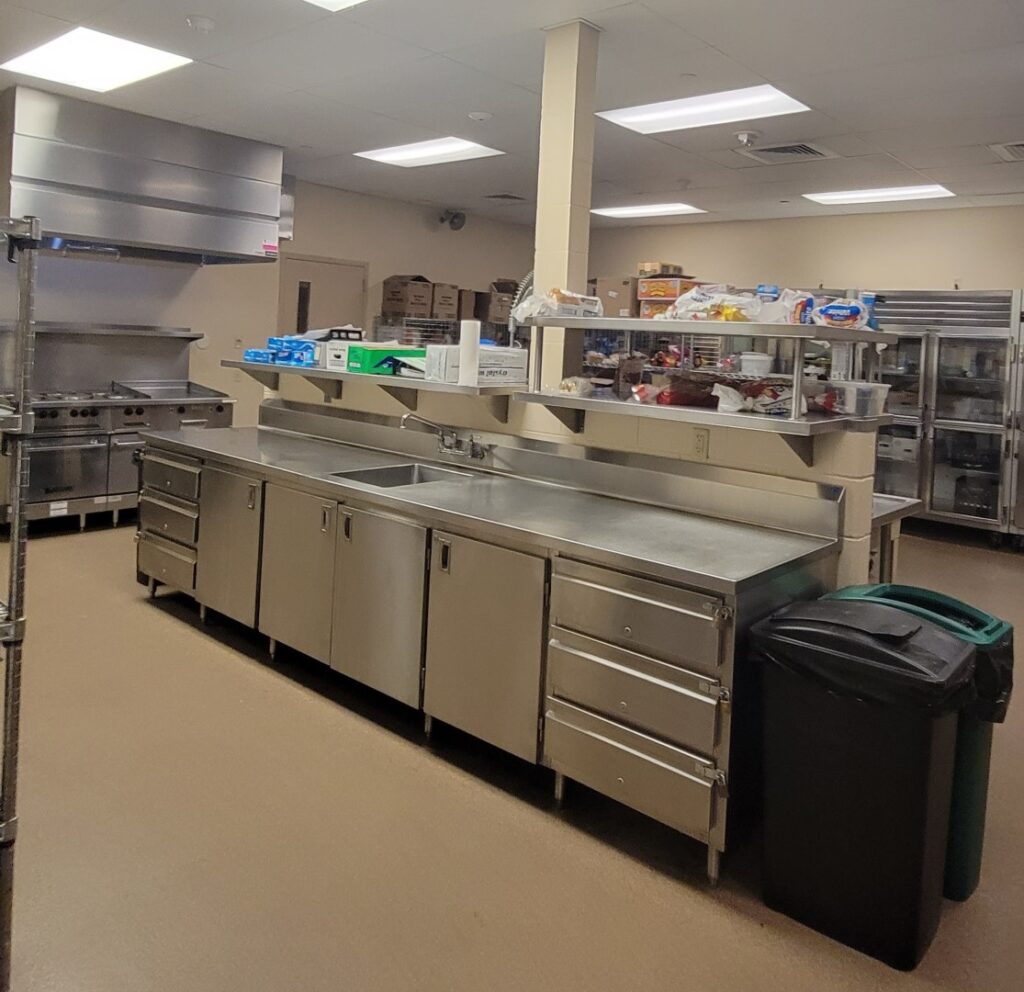
Cooking Classes
Every Thursday morning, a Detention staff member leads a cooking class in the Detention kitchen. Youth learn to prepare meals they can make at a later time and can also eat what they prepare.
UW Science Group
Once or twice a month, youth participate in a science group where they learn about gravity, weight, volume, and other concepts through safe experiments facilitated by Masters-level science students.
UW Adolescent Alcohol and Drug Abuse Intervention Program (WADAIP)
Staff from AADAIP conduct weekly assessments for youth and then provide information to assigned social workers if follow-up assessments or services are necessary. You can learn more about these services here.
Black Law Student Association
UW Law students have lunch with youth monthly in order to provide another opportunity for youth to connect with positive role models. You can learn more about the Black Law Student Association here.
If you missed it, check out Part 1 of Behind the Scenes at the JRC!
